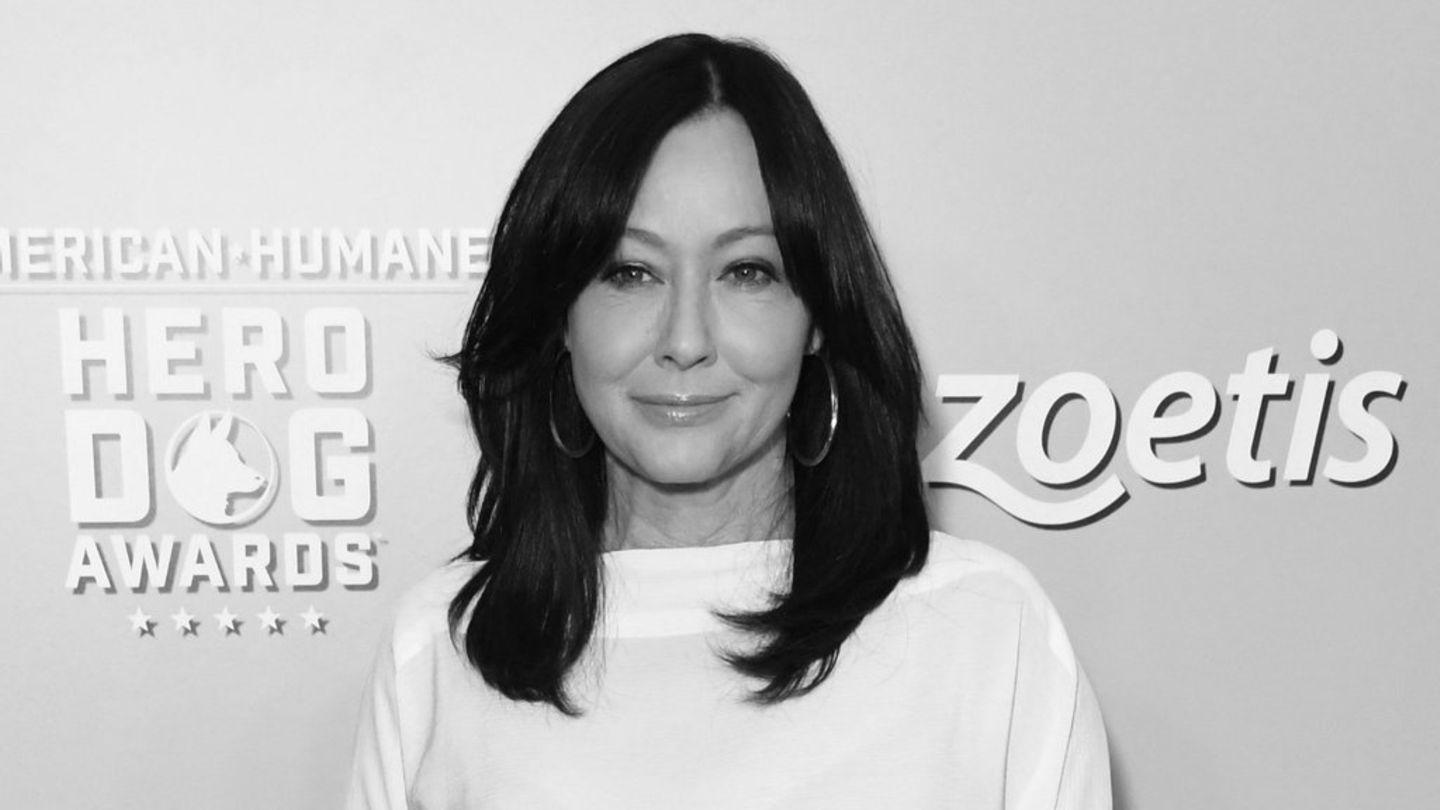Georg Kellermann, ARD correspondent in Washington and Paris, became Georgine after work. He came out when he was over 60 years old – after a chance encounter at the train station.
Georgine Kellermann quickly brushes a strand of hair out of her face and checks her lipstick. “Sorry, I’m vain,” she says with a smile. A man sitting behind her in a Cologne café looks at her with a searching gaze. She doesn’t notice, and if she had noticed, it probably wouldn’t have bothered her. She is long past that stage.
It has now been four years since the journalist came out as a trans woman in her job. From one day to the next, she appeared in the office wearing make-up and a skirt and declared: “Yes, I am a woman.” She was already 62 years old at the time.
Accordingly, her recently published book is called “Georgine – The long road to myself”. It took her almost a whole life before she found the courage to be who she felt she had always been. The ARD foreign correspondent Georg Kellermann, as many TV viewers still remember her, was always just a role for her.
Already noticed something in my early 20s
Even as a child, she knew: “Something is different about me.” But at first it was just a vague feeling that couldn’t be classified. “The term ‘trans’ was already out there, but I didn’t know it. The only thing I knew was the word ‘gay’. That term covered everything we call ‘queer’ today. The word was usually meant as a swear word.”
In her early 20s, Kellermann realized that she was “in the wrong shell or the wrong packaging.” Gender reassignment surgery was still a rarity back then, in the 1970s. “Nevertheless, I considered it very seriously. I still had my whole life ahead of me, and that would have been a door that would have opened. But another door would have closed, namely the one to my career.”
Kellermann aspired to be a TV journalist, ideally wanting to work abroad. She found her employer, Westdeutscher Rundfunk (WDR), to be quite liberal, but a trans person in front of the camera was beyond her imagination at the time. She had to make a decision – and she chose the career.
From then on, she led two lives: during the day she was the foreign correspondent and editor-in-chief Georg Kellermann, and after work she was Georgine Kellermann, who was interested in fashion, among other things. At first, there was only very discreet overlap: “Georg gradually started buying more androgynous clothing – jeans from the women’s department that were cut a little differently, or blouses that could also be used as a shirt.”
A milestone was when she confided in a colleague, who then announced that they were going to go shopping for shoes together – women’s shoes. “The saleswoman almost gasped, but I tried the shoes on and bought them. That felt great.”
Great experiences with partners
Her partners always knew that she actually felt like a woman. “That was never a problem for them, on the contrary, they supported me in this, for which I am infinitely grateful to each and every one of them. Above all, they helped me to accept myself.” Astrid, who was her partner for 13 years, for example, played a major role in her finally daring to go out in public in women’s clothing.
“For a long time I was holed up at home because I could be myself there. Nowadays, when I go to the cinema or the theatre, so carefree, so light-hearted – almost as if I were flying there – I sometimes ask myself: What have I missed? There is a hint of regret that I didn’t manage to do it sooner.”
To date, she has refrained from having any operations – after all, she was able to have herself recognized as a woman in official documents such as her identity card. In 2011, the Federal Constitutional Court ruled that human dignity and the right to free personal development also include the right to sexual self-determination.
In the end, only Georgine’s everyday working life was exempt from her coming out, and here she continued to play Georg. Originally, she planned to wait until the day of her departure to reveal the truth. But then, on the way to her vacation, she met a colleague at the train station who recognized her despite her makeup and women’s clothing. “Mr. Kellermann, are you in disguise?” she asked. “No,” she replied. “I’m a woman.” After a second of processing, her colleague said just one word: “Cool!”
Positive reactions told in new book
This experience was the deciding factor for Kellermann to return to her position as head of the WDR regional studio in Essen as Georgine. “The reactions were overwhelming – overwhelmingly positive.”
This is precisely the encouraging message of her book: Most people are much more tolerant than you think – and that’s why everyone should dare to live as they really are. A selection of Georgine’s most beautiful experiences: She is standing with colleagues and is quite naturally drawn into a long conversation about women’s shoes. An English woman comes up to her and says: “May I tell you how very elegant you look?” And when she accidentally heads for the men’s toilet in Portugal, a young cleaning lady wearing a veil points out her mistake and directs her in the opposite direction.
“Never, never, never have I been looked at strangely in the ladies’ room.” Her eyes shine as she says this. “On the contrary, nice conversations regularly develop. When I am then asked to compare lipstick, I feel like I completely belong there.”
Source: Stern
I am an author and journalist who has worked in the entertainment industry for over a decade. I currently work as a news editor at a major news website, and my focus is on covering the latest trends in entertainment. I also write occasional pieces for other outlets, and have authored two books about the entertainment industry.




